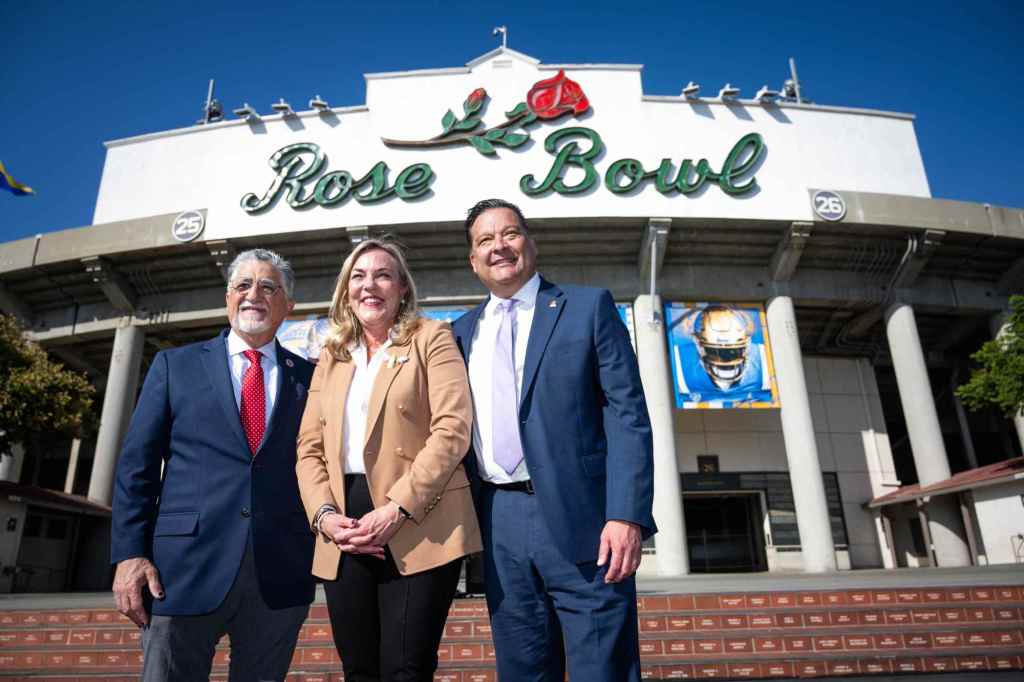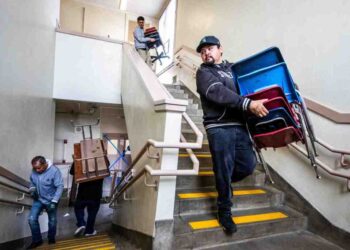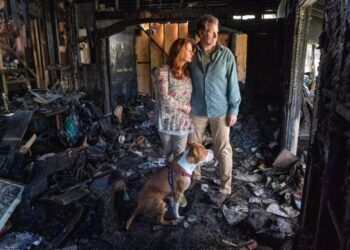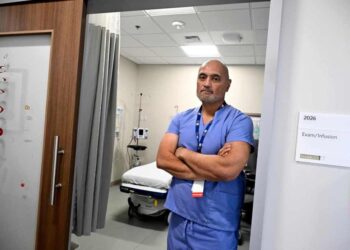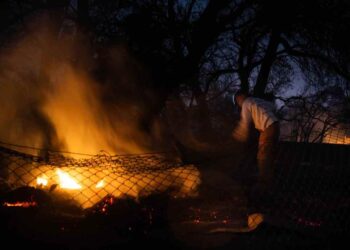A new state law that helps fund historic venues by redirecting some sales and use tax revenue could help the Rose Bowl pay for fan improvement projects.
The Historic Venue Restoration and Resiliency Act or SB 96 — authored by State Sen. Anthony Portantino and signed into law by Gov. Gavin Newsom last month — will allow designated venues to reinvest a percentage of their tax revenue generated during qualified live events to use for capital infrastructure, preservation, retrofitting and ADA improvements. The law will go into effect next year and will sunset after five years without an extension.
“If you understand preservation, you understand the importance of preservation not just for the sake of preservation, but because it’s also an economic development tool,” Pasadena Mayor Victor Gordo said at the Rose Bowl Stadium Court of Champions on Monday, Nov. 6, where he joined Sen. Portantino and L.A. County Supervisor Kathryn Barger to celebrate the legislation’s unanimous approval.
According to Rose Bowl Stadium CEO and General Manager Jens Weiden, although the amount of funding the bill will generate for the venue each year will fluctuate, he estimates the revenue could exceed $1.5 million annually.
The new funding comes following a few years of financial worry for the stadium starting before the pandemic, with the venue at the time projecting to lose nearly $20 million by 2027.
Since then, the Rose Bowl Operating Company has explored new ways of generating revenue, such as live music festivals and family golf, that could offset the hit from the restructuring of the College Football Playoffs and competition from other stadiums.
Weiden said over the past 18 months, their financial outlook has improved by more than $24 million, allowing them to run at a surplus going forward rather than the roughly $6 million deficit it forecasted in 2022.
At the press conference Gordo said without funding like SB 96 provides, the Rose Bowl Stadium, which is…
Read the full article here

